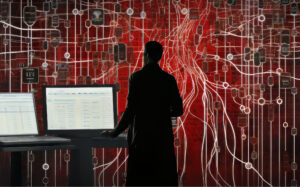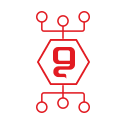Tips for protecting your computer from hackers
This way you will significantly reduce the chance of a hacker attack on your computer
None of us wants to fall victim to a hacker attack on our personal computer. Such an attack can have many consequences, from disabling the computer's function, through rummaging through personal photos and documents, to stealing passwords that lead to information
Really sensitive, such as: entering the private email, the personal account in social networks and our bank account and credit card information. Unpleasant to say the least. However, in the days when, apart from the home computer, we walk around the house and outside with the smartphone and sometimes even with one tablet or another, we are exposed every moment to such an attack, and it seems that the appetite of hackers from Israel and abroad is growing over time.
So what can still be done to minimize the possibility that someone somewhere could break into our computer and steal valuable information from it? It turns out that there are quite a few actions and measures, most of them very simple by the way, that each of us can take, in order to defend against these risks.
First and foremost - the operating system. Whether it is the operating system from Microsoft or Mac OS, it must be updated. Most of the updates for the operating systems are security updates designed to close discovered "loopholes" and therefore their installation is critical. It must be remembered that the operating systems are the platform for all the information on the computer and hence their great importance in its security. In addition to an up-to-date operating system, it is highly recommended to activate the "firewall" application built into the system in order to block unwanted communications with questionable parties on the network.
A wireless internet network at home, at work or in the shopping mall, definitely improves the surfing experience but can be a real danger if it is not properly protected. The home network must be secured with a strong password (we will expand on it later). This way you will not only prevent others from "surfing" on your account, but you will also prevent access to all the shared information on your home network. When you are out of the house, prefer surfing through secure networks, or alternatively, always remember that surfing on public networks that are open to everyone, increases the potential for stealing information from you many times over, be careful.
The importance of the strength of the login passwords for your email and social networks is critical. A password that is considered too easy to decipher, such as a sequence of ascending numbers, the word password, date of birth, etc., is like handing over all your personal information on a platter of money to anyone of any kind. Don't bother choosing the password. Try to make it as difficult as possible to identify it. It is desirable to have both letters and numbers in it, and it is highly recommended to change the password at least two to three times a year, and of course in any case where there is a suspicion of any attempt to break into your account.
Browsing social networking sites is similar in many ways to wandering in a large public place. Thus, when you are approached by a foreign party whom you do not know, it is advisable to behave with suspicion and not rush to give personal information about you, at least until you are completely sure of the purity of his intentions. This way you will also maintain your personal security, never confirm receipt and opening of a file sent from someone you do not know for sure. Any message sent to you by email or on social media from an unknown party requires your vigilance. Suspicion is not a bad word here, it is recommended to be careful.
You may be interested in:

אירוע משפחות סוף קיץ 2025
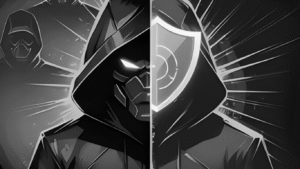
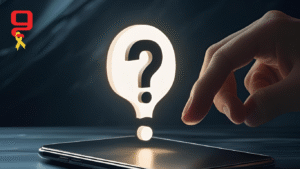
פישינג בעסקים: איך לזהות, למנוע ולהגיב נכון
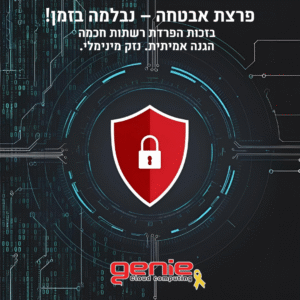
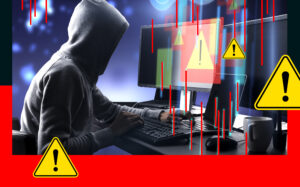
החשיבות של סריקות פגיעויות באבטחת סייבר
